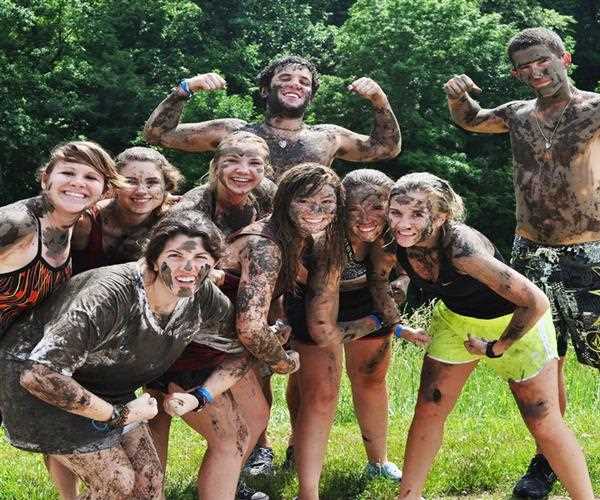Overview
Summer camp is well known in the USA, where children and teenagers are free to be outdoors after being indoors most of the time doing school or homework. Located in a forest or in the countryside, these camps have a purpose to contribute to the child’s development and teach them more about cooperation and self-reliance. Sleeping in a bunk bed, cowboys and Indians, capturing the flag, folk songs, and roasting marshmallows on a stick are typical scenes that most Americans saw about summer camp.

Outdoor Activities: Sports are another modality of activities at the camp,, and they include; hiking, canoeing, swimming, and archery, among others. Most such camps promote children’s outdoor activities in general, keeping them busy and learning survival skills in the outdoors. These are meant to help foster an appreciation for nature and act as building blocks to confidence.
Campfires and Songs: Stories and songs sung around the campfire are probably one of the most iconic experiences of any typical American summer camp. Standing and sitting around a fire, campers tell stories and sing songs that have always been sung in camp, as well as roasting marshmallows to make S’mores out of it. These routines that take place in the evening are familiar formulas and people feel connected during these occasions. It is such a profitable occasion that some camps organize talent shows or skit nights that allow campers to be on stage and perform.
Cabins and Bunks: There are a few types of accommodation, such as cabins and tents, where, in most cases, campers sleep together in same-sex groups or age groups. The close arrangements of the rooms make the learners learn the essence of collaboration and accountability because they learn how to clean the common spaces on their own or in groups. Friendship with other campers is one of the main concepts of the summer camp program and organization.
Color Wars and Competitions: The tradition that is perhaps cherished most by many of the camps is the Color War or any other form of competition in which the campers are divided into groups and engage in fun activities such as capture the flag, relay races, and games in a bid to showcase their prowess in sports. They encourage cooperation, healthy competition, and camaraderie among campgoers, with competitors from winning teams earning several privileges or being proclaimed camp champions.
Arts and Crafts: Aside from the wilderness experiences, the traditional American summer camps provide art activity targets at which the campers can make everything, beginning from beads to painted ceramics. These activities foster innovation and give the campers some homemade items that will help them recall the experiences that they had during their summer holidays at the camp.
Theme Days and Special Events: Numerous camps also incorporate different days or events like wearing costumes, sporting events or camp Olympics, and even jubilee events such as ‘Christmas in July’. Such themed activities enhance the overall fun factor in the camp experience and involve everyone in the camp festive, which is usually held at the weekend or end of a specific session.
Lifelong Friendships: One of the primary benefits of summer camp since its inception has been that campers get to make friends that last a lifetime. A good number of people go camping specifically because they have made friends they find every summer season. The kind of interpersonal relationships that are developed as a result of the day-to-day interaction during and over the camp is a splendid hallmark of successfully achieving the goals of the camp.
American summer camps are heavily laden with rituals that are centered on taking nature, friendship, and self-improvement. These experiences, as attained through outdoor activities, art, storytelling, and other related activities, often impact the people who attend these camps.